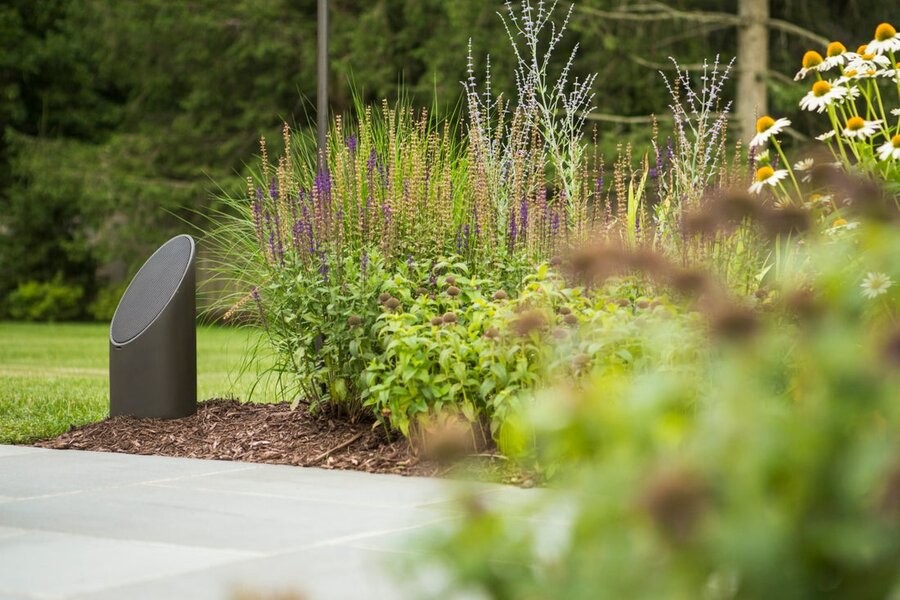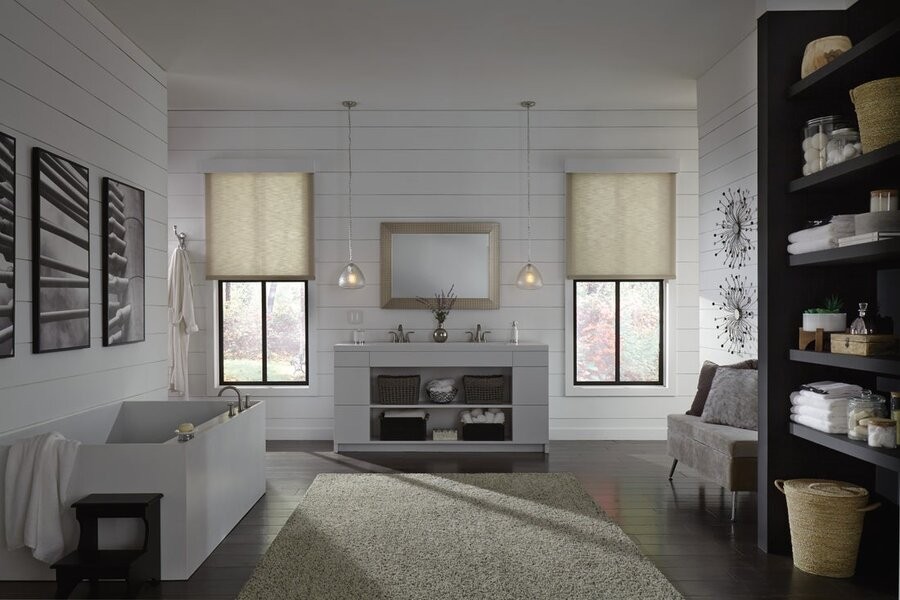Reshape Your Outdoor Soundscape Today
Creating the perfect backyard retreat goes far beyond landscaping and furniture—it’s about adding the right ambiance! An outdoor speaker system can transform your outdoor space into a hub for entertainment, relaxation, and unforgettable gatherings.
Whether you’re hosting a barbecue, relaxing by the pool, or enjoying a quiet evening under the stars, an outdoor speaker system delivers high-quality sound to elevate your experience. Read below to learn how to bring your Rogers, AR, backyard to life today!







